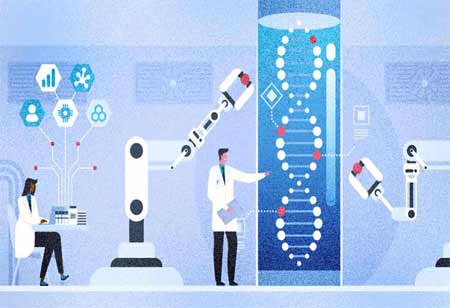Thank you for Subscribing to Healthcare Business Review Weekly Brief
Be first to read the latest tech news, Industry Leader's Insights, and CIO interviews of medium and large enterprises exclusively from Healthcare Business Review
Growing Importance of Healthcare Education
The healthcare education market has experienced significant growth over the past decade, driven by several converging factors.

By
Healthcare Business Review | Monday, July 01, 2024
Stay ahead of the industry with exclusive feature stories on the top companies, expert insights and the latest news delivered straight to your inbox. Subscribe today.
Governments and healthcare institutions recognize the importance of a well-trained healthcare workforce in ensuring public health and safety.
FREMONT, CA: The healthcare education market has experienced significant growth over the past decade, driven by several converging factors. The expansion is critical in meeting the increasing demand for healthcare professionals and ensuring the workforce is equipped with the latest knowledge and skills. Several vital drivers have contributed to this growth, including technological advancements, an aging global population, a greater emphasis on continuous professional development, and the rise of interdisciplinary and specialized healthcare roles. The integration of technology into education has revolutionized healthcare training.
E-learning platforms, VR, AR, and simulation-based learning have made healthcare education more accessible and practical. E-learning platforms provide flexible, on-demand training opportunities, allowing healthcare professionals to balance their education with demanding work schedules. VR and AR technologies offer immersive learning experiences, enabling students to practice complex procedures in a risk-free environment. Through sophisticated mannequins and virtual patients, simulation-based learning provides hands-on experience, helping learners develop and refine their clinical skills before working with actual patients.
The world's population is aging, leading to an increased demand for healthcare services. The demographic shift necessitates a larger and more skilled healthcare workforce. Educational institutions have responded by expanding their programs and offerings to train more healthcare professionals. There is a growing need for specialized training in senior care, chronic disease management, and end-of-life care, prompting educational providers to develop targeted curricula to address these needs. Rapid advancements in medical knowledge, techniques, and technologies characterize the healthcare industry.






